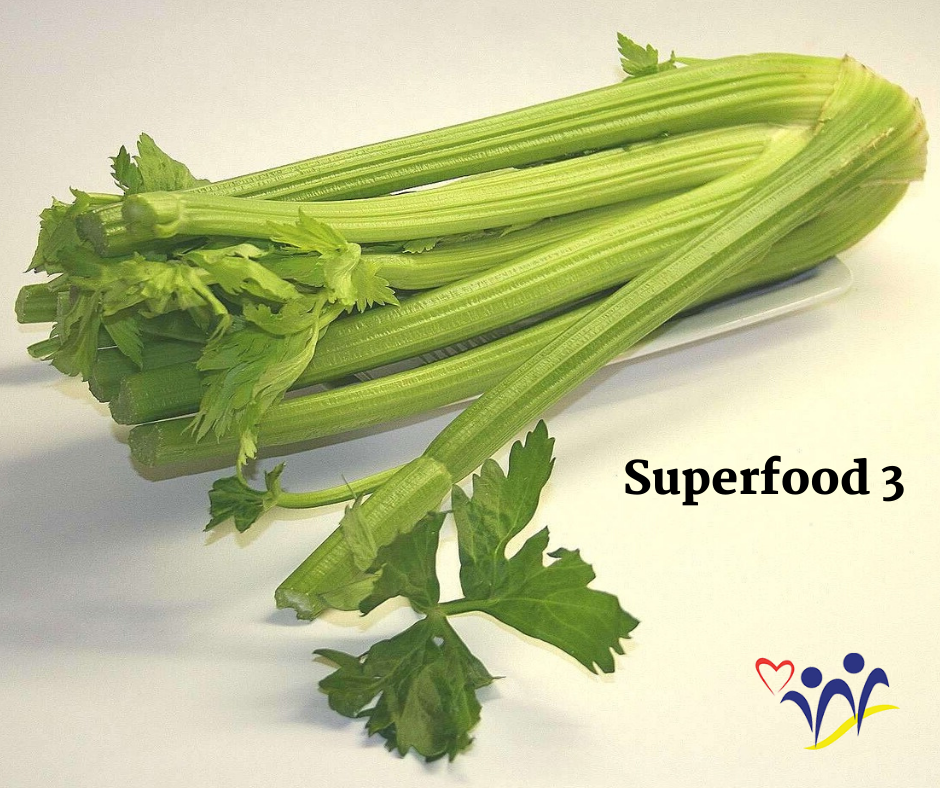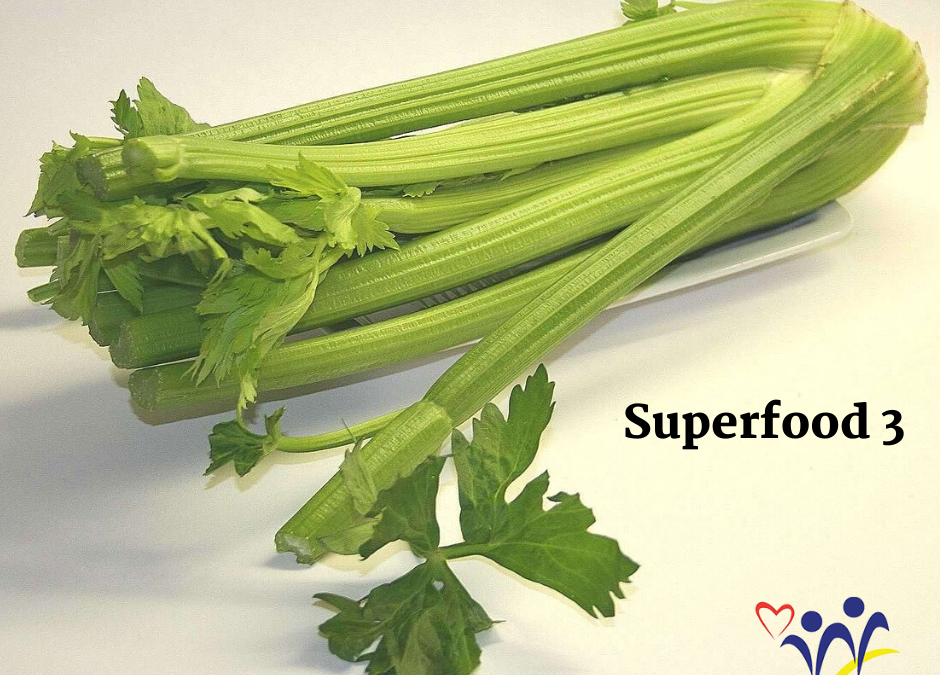Super-foods 3

- Celery – Part of Apiaceae family. Contains a plant compound Apigenin which has anti-inflammatory, anti-bacterial and anti-viral properties. Also contains a flavonoid Luteolin which has antioxidant and anti-cancer properties. Celery can also be used as a snack and because of its high fiber content can help in satiety and weight loss.
- Fermented foods – Fermentation is a natural process through which microorganisms like yeast and bacteria convert carbohydrates such as starch and sugar into alcohol or acid. Fermentation also promotes the growth of beneficial bacteria – Probiotics. This improve immune function as well as digestive and heart health. Common fermented foods include kefir, sauerkraut, tempeh, natto, cheese, kombucha, miso, kimchi, sourdough bread and yoghurt.
- Cauliflower, cabbage – Part of the cruciferous family like broccoli, contains sulforaphane and high fiber content and definitely should be part of our diet.
- Walnuts – Has antioxidant and anti-inflammatory properties and is said to be good for brain health and memory. Part of this could be due to walnuts having the appearance of the brain.
- Papaya – Papaya is a superfood. Contains Zeaxanthin and Beta-carotene which helps in eye health. Also has Vitamin K2 for bone health. Has fiber and potassium for hearth health and Choline which helps in inflammation. Also contains vitamin C, folate, A, magnesium, copper and pantothenic acid. Can be eaten whole or part of a salad.
6. Pomegranate – This is another superfood. It contains the antioxidant Punicalagins and the good fatty acids Punicic acid. It also contains Vitamin C, Flavanols, Folate and K2. Can be eaten whole or as part of a salad.
7. Olive oil – Olive oil is a natural oil extracted from the fruits of olive trees and one of the mainstays of the Mediterranean diet. Its biggest claims to health are its high levels of monounsaturated fatty acids (MUFA) and polyphenolic compounds. Adding olive oil to your diet may reduce inflammation and your risk of heart disease, diabetes and other inflammatory conditions. It also contains antioxidants such as vitamin C and K.
8. Seaweeds–Examples include Nori, Wakame and Kombu. Seaweeds contain iodine and tyrosine which support thyroid function. Also a good source of Omega 3 and B12. Also has the antioxidant Fucoxanthin. Seaweeds are low in calories and can be part of a salad.
9. Carrots – Carrots are high in fiber, beta-carotene, potassium, vitamin K1 and B6, biotin. Good for eye health. Can be eaten raw or part of a salad.
10. Honey– Contains important antioxidants like organic acids and phenolic compounds like flavonoids. Can help with cough and even healing wounds. However it still has sugar and I suggest just a teaspoon a day is sufficient for its health benefits.
Again we see that nature has a whole array of natural foods that are good for our health and we have to focus on eating this and not processed and manmade junk foods.

